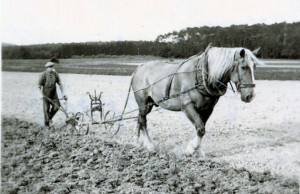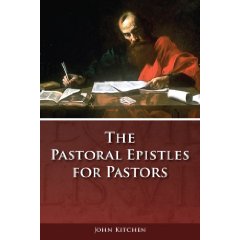“And there was a prophetess, Anna, the daughter of Phanuel, of the tribe of Asher. She was advanced in years, having lived with her husband seven years from when she was a virgin, and then as a widow until she was eighty-four. She did not depart from the temple, worshiping with fasting and prayer night and day. And coming up at that very hour she began to give thanks to God and to speak of him to all who were waiting for the redemption of Jerusalem.” (Luke 2:36-38)
“He came to His own, and those who were His own did not receive Him”—that is the Apostle John’s commentary on the coming of Jesus Christ to earth. Do you think you would have recognized Jesus for who He was? What if He showed up (physically) this Sunday at church, would you recognize Him? The aged Anna looked upon the 40 day old Jesus and recognized Him as the promised Messiah. What does it take to live a life that recognizes Jesus?
Anna shows us that the one that recognizes Jesus is someone who is keeping life in perspective (vv.36-37a). Whether she was 84 years old (as most of our modern translations take it) or lived for 84 years after she was widowed (which would really qualify her for an AARP discount!), Anna was elderly. In the span of those years her nation and the land of Israel has seen many tumultuous changes. She had obviously survived some personal tragedies, not the least of which was the death of her husband. Yet in the midst of all that chaos and personal pain God enabled her to maintain a personal perspective on what really matters—a perspective that readied her eyes to see Christ when He came.
Anna also show us that the one who recognizes Jesus is someone who has put God in preeminence. “She never left the temple, serving night and day with fastings and prayers” (v.37b). Is your heart consumed with the things that are upon God’s heart? Do you hurt over what hurts Him and rejoice over what brings Him joy? Anna determined to be in constant communication with God. “Pray without ceasing” (I Thess. 5:17). That doesn’t mean you need to constantly be in church, but you do need to be in constant, conscious communion with Him.
Anna also shows us that the one who recognizes Jesus is someone through whom Christ is proclaimed. She “began giving thanks to God, and continued to speak of Him to all those who were looking for the redemption of Jerusalem” (v.38b). After all she had survived as a citizen, after all she had experienced as a wife and widow, after all she had endured as a worshiper of God—meeting Jesus was enough to produce gratitude in her heart. Not a momentary “thanks,” but a continual bubbling fountain of gratitude that compelled her to tell others of Jesus.
“What Child Is This?”
So bring Him incense, gold and myrrh, Come, peasant, king, to own Him;
The King of kings salvation brings, Let loving hearts enthrone Him.
Raise, raise the song on high, The Virgin sings her lullaby:
Joy, joy, for Christ is born, The Babe, the Son of Mary!



